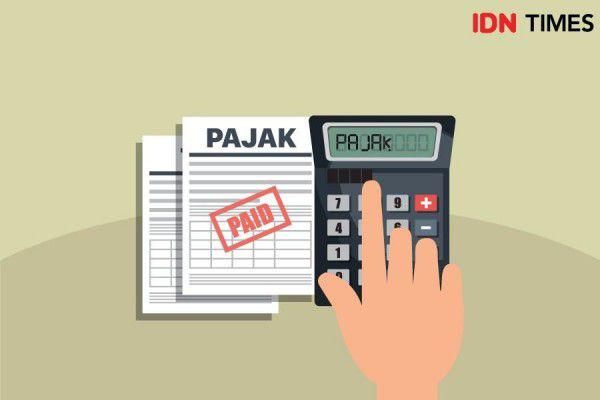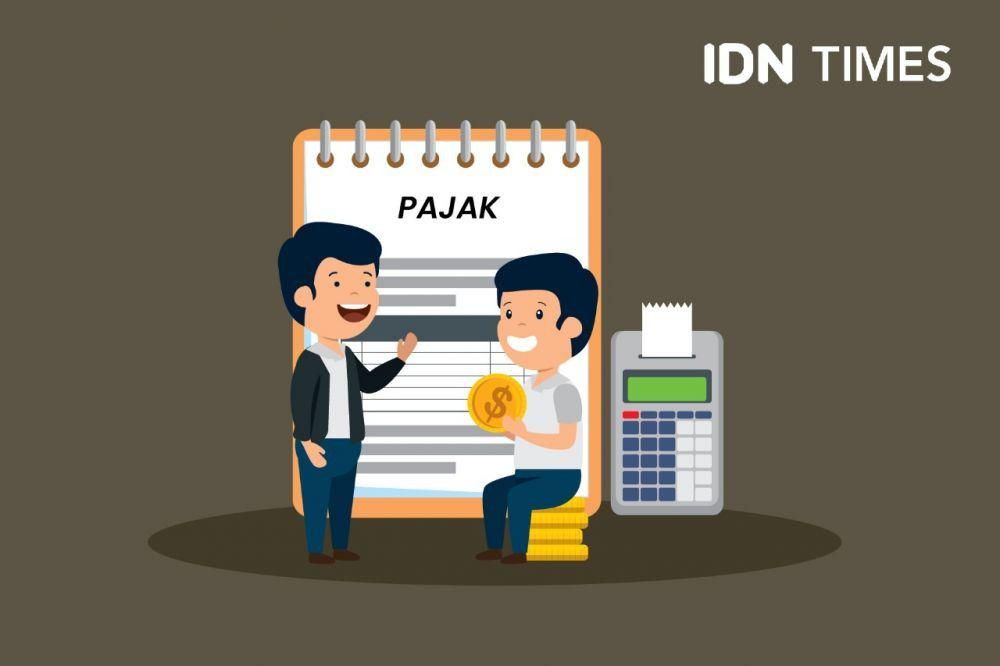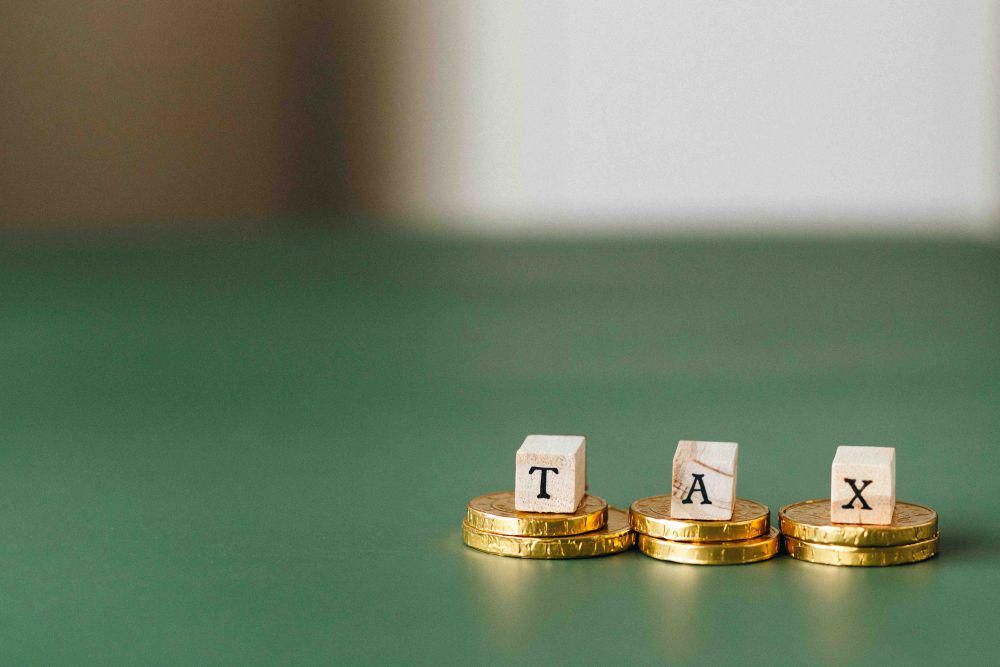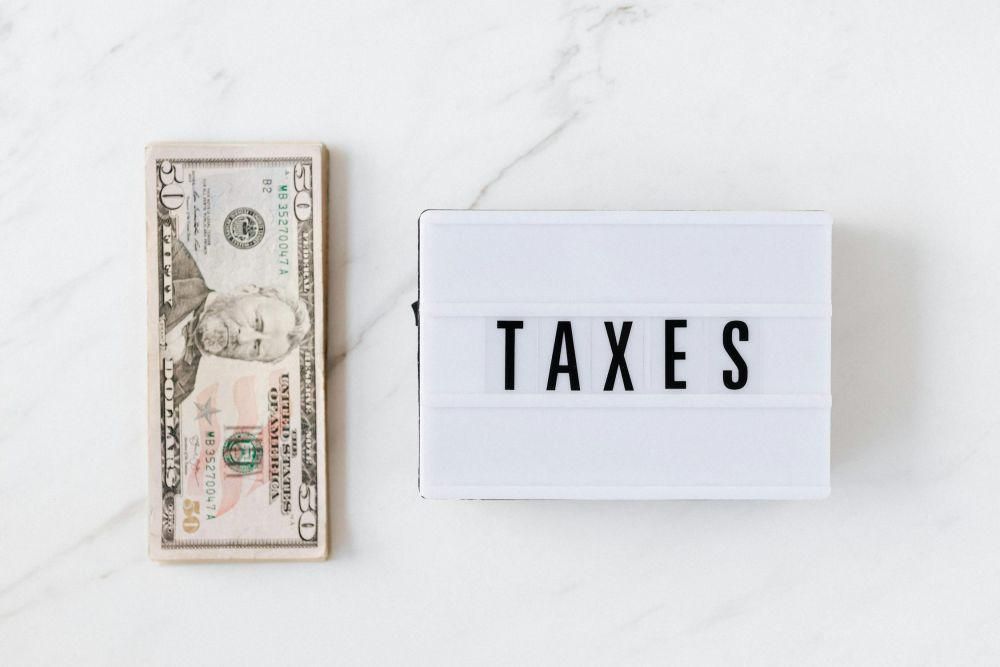Jakarta, IDN Times - The Directorate General of Taxes (DJP) officially implemented the provisions for collecting Income Tax (PPh) Article 22 by marketplaces, as regulated in Ministerial Regulation (PMK) Number 37 of 2025. This policy is part of DJP's efforts to adapt to the challenges and dynamics of the ever-evolving digital ecosystem.
Then, what are the reasons for DJP implementing this regulation?
1. DJP wants to create a more inclusive and responsive tax system for digital transactions.
Director of Taxation Education, Services, and Community Relations, Ministry of Finance Directorate General of Taxes, Rosmauli, explained that this strategic step aims to build a more inclusive, equitable, and responsive tax system, in line with the reality of online economic transactions.
Marketplace, as a digital transaction organizer, is considered to have a strategic position and technical capabilities to support the tax collection process automatically, without adding administrative burdens for business actors.
"The main purpose of this policy is not to burden, but rather to facilitate business actors in fulfilling their tax obligations, especially for micro and small enterprises that have not yet been optimally covered by the tax administration system," said Rosmauli to IDN Times, Thursday (7/17/2025)
E-Commerce Tax Officially Launched, Idea: Needs a 1-Year Transition Period2. DJP optimizes the digital economy potential that has not been developed so far
She explained that the DJP will carry out stronger supervision over the potential of the digital economy that is not yet fully recorded in the national tax system.
"Observation and data matching results conducted by DJP show that some digital business actors have not consistently reported their income according to existing regulations," said Rosmauli.
Nevertheless, the approach taken is not repressive. Through the automatic collection system by the platform, it will promote the realization of compliance by design .
"Business operators no longer need to bother with separate reporting and payment procedures. This system is expected to instill a culture of tax compliance from an early stage, especially in the highly dynamic digital sector," said Rosmauli.
3. Establishing a fair digital tax ecosystem foundation
DJP emphasized that this policy is not aimed at pursuing short-term revenue increases, but rather to build a healthy and fair digital taxation ecosystem. Its main focus is to expand the tax base and familiarize digital business operators with complying with tax regulations in a sustainable manner.
Regarding the potential tax revenue from the digital sector that has not been fully recorded or paid so far, Rosmauli chose not to provide details. However, she emphasized that the approach taken by DJP in this policy is facilitative, not repressive.
"In designing PMK 37/2025, we also continue to pay attention to the favorability towards small business actors. This is realized through the exemption provisions for individual traders with annual turnover below Rp500 million," he said.
Thus, this policy provides space for MSMEs to grow without being directly burdened by complex tax obligations, while also maintaining equality with larger business actors who have already been compliant.
Government Will Impose Export Tax on Coal When Prices Rise4. Digital traders with an annual turnover of Rp 500 million are subject to PPh Pasal 22.
If domestic traders whose turnover has exceeded Rp500 million in the current tax year, then:
-
Traders are required to inform the tax collector (e.g., e-commerce platform) that their turnover has exceeded the limit.
-
The notice must be made through a letter stating that the trader's turnover has exceeded Rp500 million in the current tax year.
-
This statement letter must be submitted by the end of the month when the turnover exceeds Rp500 million.
Domestic traders who sell through online platforms will be subject to Income Tax (PPh) Article 22 at a rate of 0.5 percent of the total gross revenue (turnover) stated in the invoice. This tax does not include Value Added Tax (PPN) and Luxury Goods Sales Tax (PPnBM).
5. Enhancing tax compliance in the SME sector
Tax observers from the Center for Indonesia Taxation Analysis (CITA), Fajry Akbar, assess the collection mechanism by third parties, such as marketplace , will encourage tax compliance, especially in the SME sector.
"Most merchants in E-commerce is SMEs. Meanwhile, the Gross Merchandise Value (GMV) of Indonesia's digital economy, about 72 percent comes from the sector E-commerce ," he said.
According to Fajry, a similar collection mechanism has already been implemented for foreign digital services, such as video streaming, and it has proven effective even though the business operators are based abroad. The tax compliance level is usually higher when carried out through third parties, such as PPh 21 (employee income tax) withheld by companies.





Comments
Post a Comment